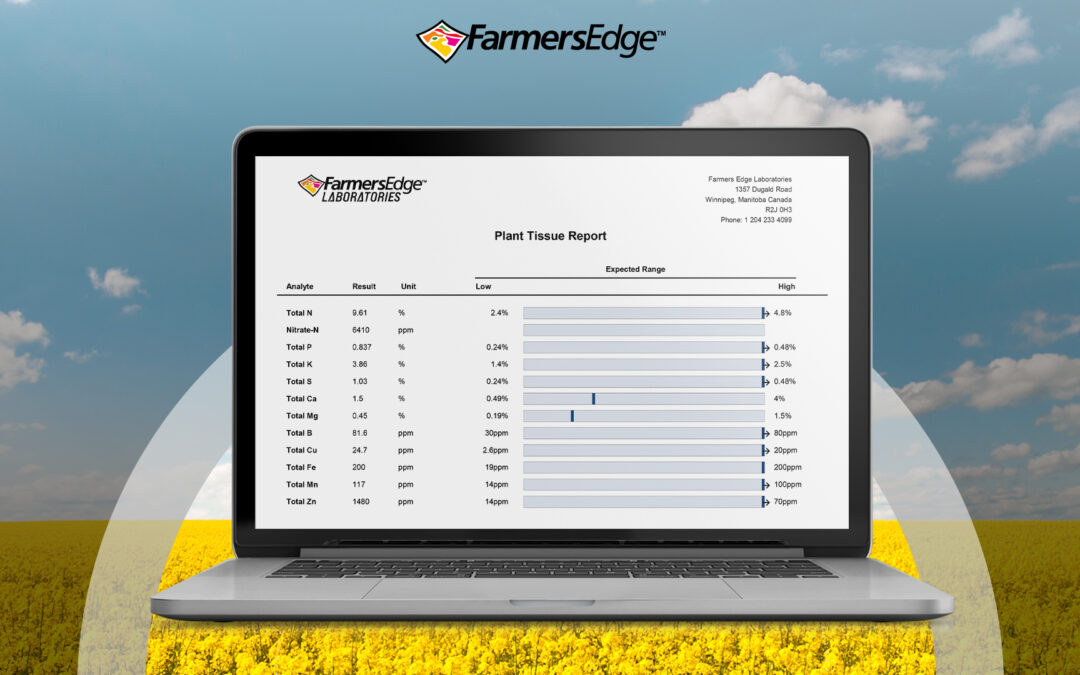Plant tissue testing, also known as plant analysis or foliar analysis, involves analyzing the nutrient content of plant tissues to assess their nutritional status. Here are some of the key benefits of plant tissue testing:
1. Nutrient Monitoring: Plant tissue testing allows growers to monitor the nutrient levels within their crops throughout the growing season. This helps in identifying nutrient deficiencies or excesses before they become visually apparent, enabling timely corrective actions.
2. Diagnosis of Nutrient Imbalances: By analyzing the nutrient content of plant tissues, growers can diagnose specific nutrient deficiencies or imbalances that may be affecting plant growth and development. This information helps in formulating targeted fertilizer applications to address the deficiencies effectively.
3. Optimized Fertilizer Management: Plant tissue testing provides valuable insights into the nutrient status of plants, allowing growers to fine-tune their fertilizer management practices. By applying fertilizers based on the actual nutrient requirements of the plants, growers can optimize nutrient use efficiency and minimize fertilizer wastage.
4. Improved Crop Yield and Quality: Maintaining optimal nutrient levels in plants is essential for maximizing crop yield and quality. Plant tissue testing helps ensure that plants have access to the necessary nutrients at critical growth stages, leading to improved yields.
5. Early Detection of Nutrient Stress: Nutrient deficiencies or imbalances can stress plants and make them more susceptible to diseases, pests, and environmental stresses. Plant tissue testing helps in the early detection of such nutrient stress conditions, allowing growers to take proactive measures to mitigate them.
6. Guidance for Soil Fertility Management: Plant tissue testing results can also provide valuable feedback on soil fertility status. By correlating plant tissue nutrient levels with soil nutrient levels, growers can gain insights into soil fertility dynamics and make informed decisions regarding soil amendment and fertility management practices.
7. Cost Savings: By optimizing fertilizer applications based on plant tissue testing results, growers can avoid overapplication of fertilizers, which not only reduces input costs but also minimizes the risk of environmental pollution associated with nutrient runoff.
8. Support for Sustainable Agriculture: Plant tissue testing supports sustainable agriculture practices by promoting efficient use of resources, minimizing environmental impacts, and ensuring the long-term productivity and health of agricultural ecosystems.
Overall, plant tissue testing serves as a valuable tool for growers to optimize nutrient management, enhance crop productivity and quality, and promote sustainable agricultural practices.
Growers and ag retailers can access cost-effective plant tissue testing services at Farmers Edge Laboratories. Their rigorous process includes testing for Total Nitrogen, Nitrate-N, P, K, S, Ca, Mg, Cu, Fe, Mn, Zn, B. Get results, including a detailed report, within 3 business days.
To learn more, visit https://farmersedge.ca/laboratory/


